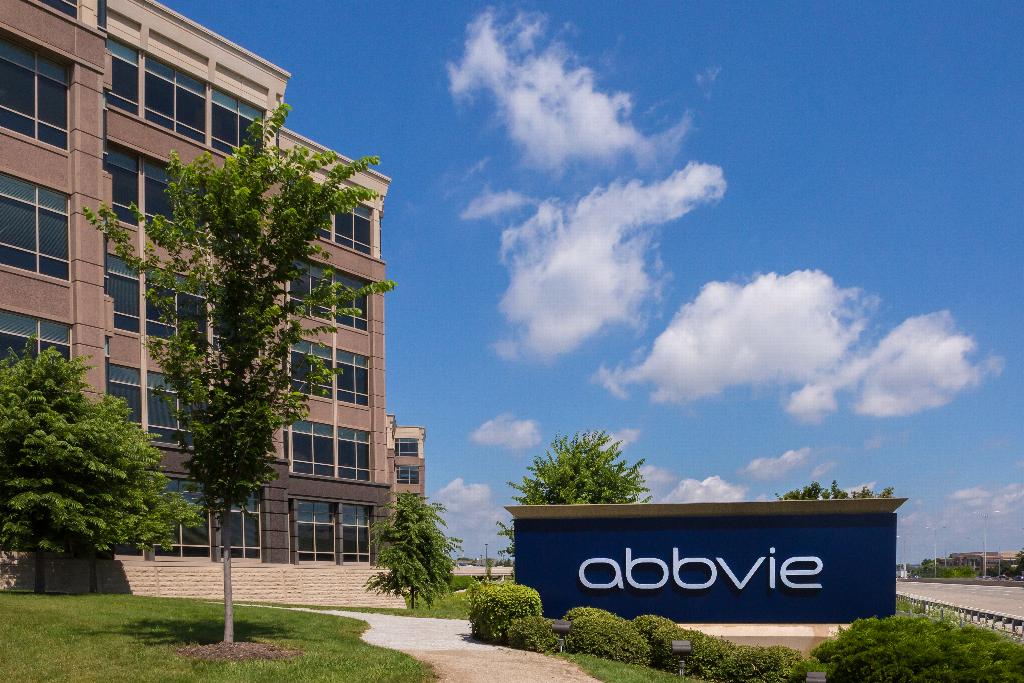AbbVie sheds autoimmune disease drug in blow to partner Inventiva

Shares in French biotech Inventiva were on the slide this morning after AbbVie revealed that it had decided to abandon development of cedirogant, their drug candidate for autoimmune diseases including psoriasis. The decision to drop the oral ROR gamma inverse agonist – also known as ABBV-157 – came after analysis of a recently concluded nonclinical toxicology study, according to an Inventiva statement, in which the company said it does not expect the move to have any impact on its cash position. Inventiva has been working with AbbVie on ROR gamma inverse agonists since 2012, and all seemed to be well when the biotech earned a €4 million milestone payment from its partner earlier this year, following the start of a phase 2b trial of cedirogant that aimed to enrol 200 patients with moderate to severe psoriasis. The drug had performed promisingly in a phase 1b dose-ranging study in psoriasis patients, according to an AbbVie update earlier this year. By targeting ROR gamma T with an inverse agonist, rather than an antagonist, AbbVie hoped to strongly inhibit the production of IL-17 production, making cedirogant an oral alternative to injectable IL-17 therapies for psoriasis like Novartis' Cosentyx (secukinumab), Teva's Taltz (ixekizumab), and UCB's Bimzelx (bimekizumab). Other efforts to develop ROR gamma inverse agonists for autoimmune disorders, including a partnership between AstraZeneca and now-defunct UK biotech Orca Pharma, as well as Bristol-Myers Squibb, also seem to have also fallen by the wayside. Inventiva's chief executive Frédéric Cren said the company was "disappointed to see the end of cedirogant's clinical programme", but put a brave face on the development, pointing to the potential of its lead drug lanifibranor for non-alcoholic steatohepatitis (NASH). Lanifibranor is currently in phase 3 testing for the widespread liver disease – which has no approved therapies – and has been tipped by analysts at Jefferies to have the potential to become a $2.5 billion-plus product if approved. "We continue to make progress in our NATiV3 pivotal phase 3 trial and we recently reached a major milestone in this respect by entering into a partnership with Sino Biopharm, a leading Chinese pharmaceutical group, to develop and potentially commercialise lanifibranor in Greater China," said Cren.













